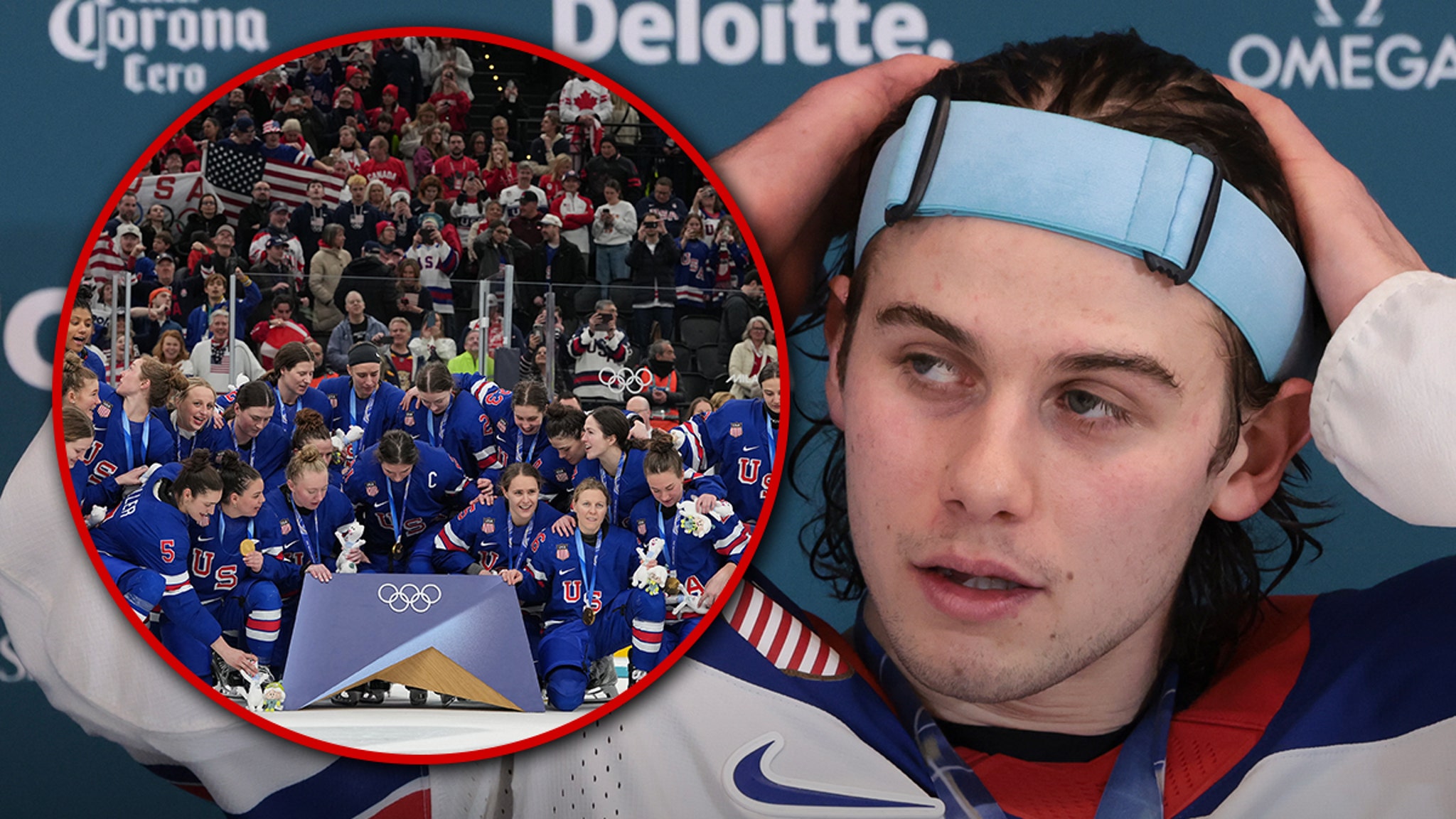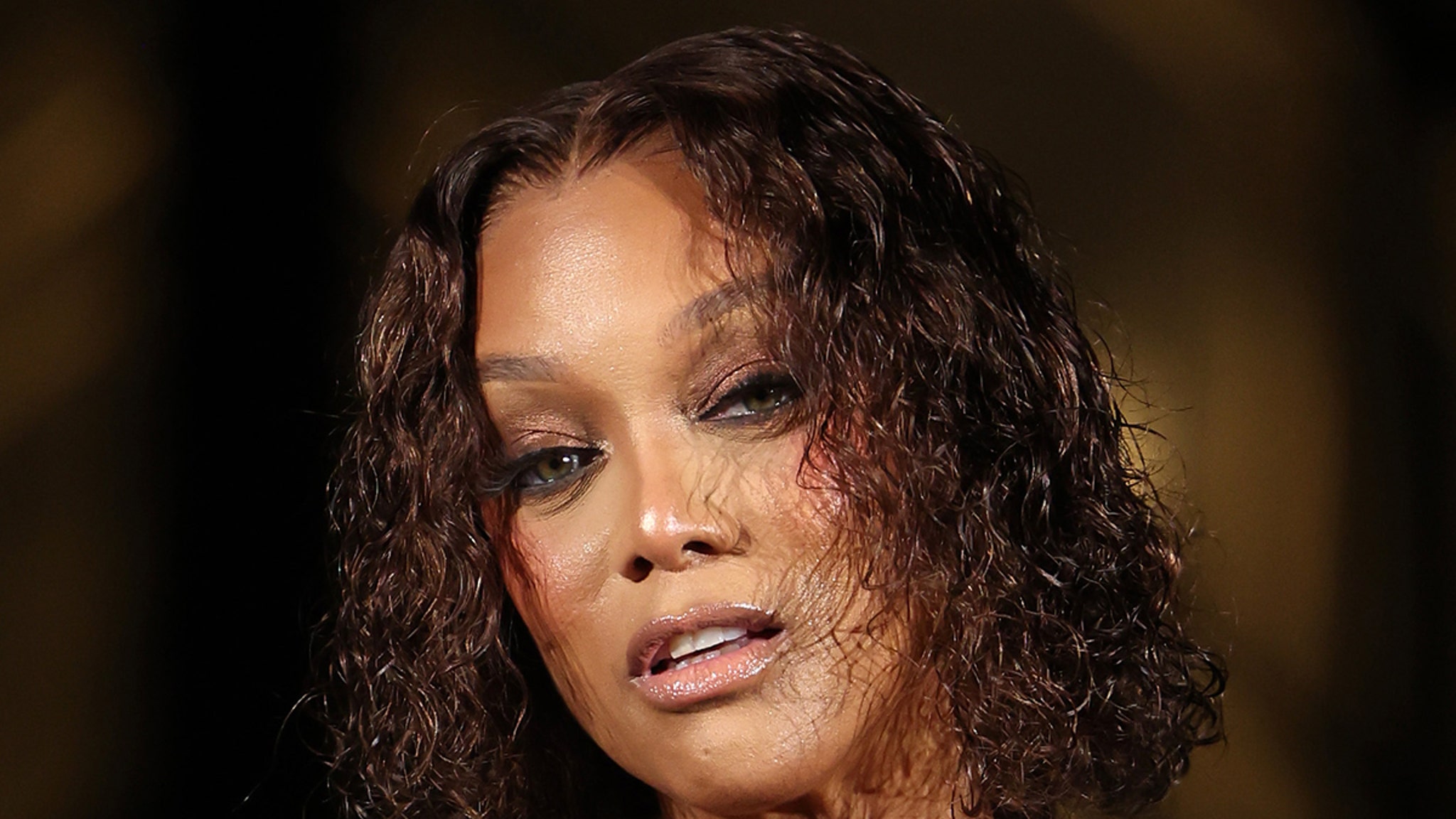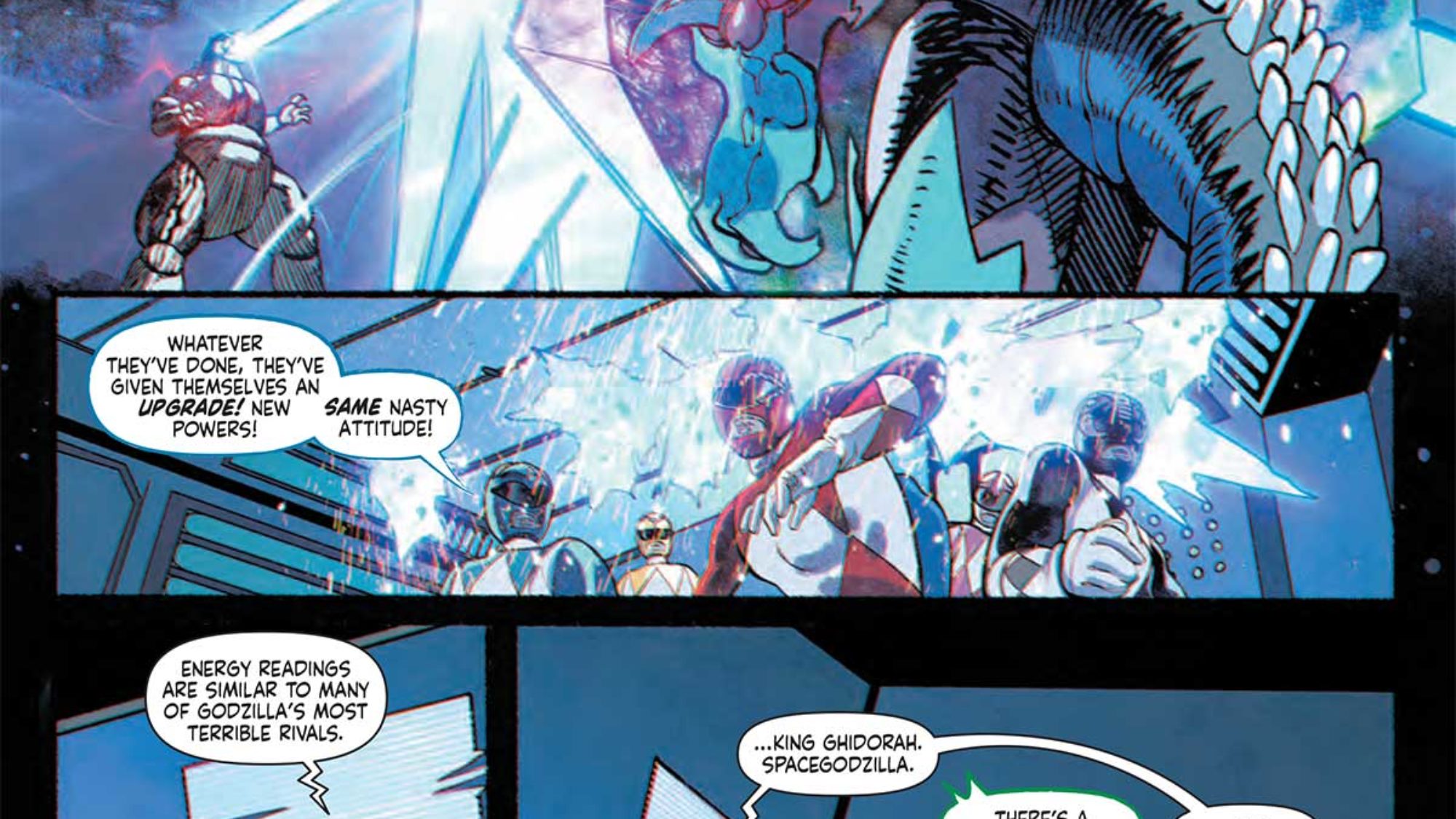
by Jeroslyn JoVonn
June 26, 2024
A White Canadian writer is facing backlash after donning blackface to write a book on race relations in America.
A White Canadian writer is facing backlash after donning blackface to write a book described as “the most important book on American race relations that has ever been written.”
Sam Forster, a writer with pieces in The National Post and The Spectator, has been under fire since tweeting and deleting promotion for his self-published book “Seven Shoulders.” In the book, Forster reveals the drastic lengths he went through to research his book on race relations in America.
“Last summer, I disguised myself as a Black man and traveled throughout the United States to document how racism persists in American society,” he wrote in the since-deleted tweet.
After citing the research as “one of the hardest things I’ve ever done,” Forster included a link to his book.

Within the book, readers learn how Forster disguised himself in blackface in September 2023 using a “synthetic Afro wig, colored contact lenses” and covering his skin in Maybelline foundation’s “Mocha” shade, The Independent reports. It follows his journey hitchhiking across the country with stops in Nashville, Birmingham, Atlanta, Los Angeles, Las Vegas, Chicago, and Detroit.
Drivers reportedly passed him by while he was in disguise, which he details and intertwines with the history of race and racism in America. The book does includes interviews with Black leaders, including a “sitting US congressman” and the “mayor of a major American city.” However, their names were redacted, and Forster admitted they had no idea about the blackface element of the project.
After promoting the book on X/Twitter, the writer faced scrutiny from Black journalists and authors who bashed his method of research.
“Option A: Talk to actual Black people,” The Nation’s legal correspondent Elie Mystal wrote on X. “Option B: [whatever in the Tropic Thunder F*** this is].”
“No comment,” added Nikole Hannah Jones.
New York Times political reporter Astead Herndon asked Forster to share a photo of his blackface disguise.
“Drop the pic, Samuel,” he wrote. “I’m trying to see something.”
Following the backlash, Forster deleted the promotional tweet and followed up days later with a lengthy message explaining his reasoning for the book and clearing up any misconceptions about his intent.
“Some people have suggested that my intention in writing Seven Shoulders was to “understand” what it’s like to be someone of a different race. That is not true. I wasn’t trying to “understand” the experience of being a different race; I was demonstrating how a person’s perceived race may result in differential treatment,” he explained.
While offering no formal apology to those in the Black community he might’ve offended, Forster went on to call out the “contradicting” criticism of his book claiming “for every person claiming that I should have only featured Black voices, there is someone else who is lamenting how few people take Black voices seriously.”
He concluded his clarification by noting how his form of “writing isn’t for everyone,” and admitting to using a “brash marketing” tactic “to attract attention.” Forster has since wiped his Twitter account clean of all promotion of his book that is rated a two out of five on Amazon.






